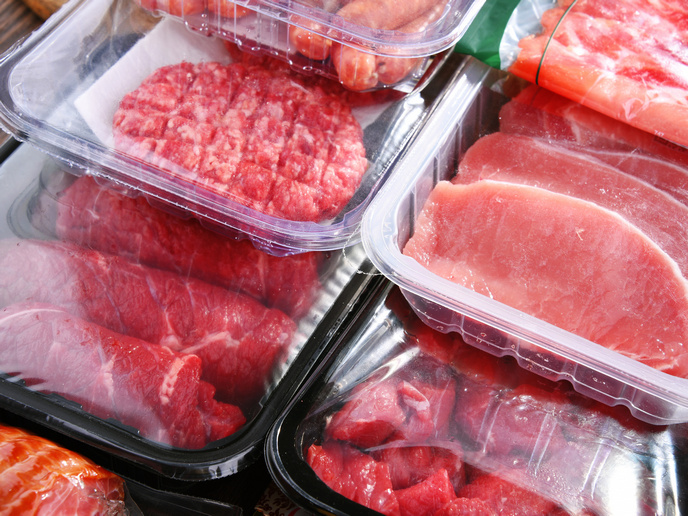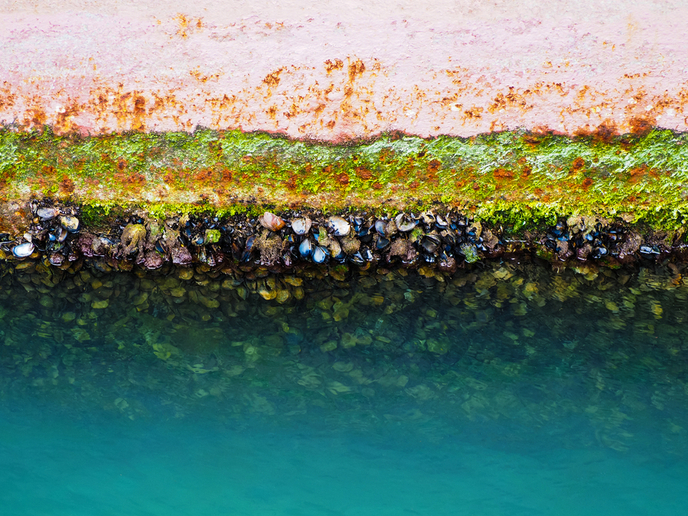Tackling microplastic ocean pollution with research on marine-friendly polymers
There is an urgent need for a holistic approach to mitigate plastic pollution. The EU-funded Glaukos project takes up this challenge by valorising industrial side streams and setting up a circular approach to the textile industry. Inspired by the Greek god who protected the fishermen and the sea, Glaukos researched the development of alternative polymers for fishing gear and clothing to prevent and mitigate pollution of the oceans and waterways.
From biomass fermentation to eco-polymers, fabrics and coatings
Τhe Glaukos team turned industrial side streams containing sugars via a fermentation process into polymer building blocks. The fermentation process was successfully developed and upscaled through microbial strain selection and strain engineering. The building blocks were subsequently used to produce new-generation bio-based polymers and were further tested for spinnability. These polymers formed the base of yarn and coating for clothing and fishing net applications with a low carbon and plastic footprint. Through a successful spinning process, 9 kg of bio-based yarn was achieved.
Bio-recycling as end-of-life solutions
Glaukos intends to make the new material biodegradable without compromising its technical performance and endurance. Methods to assess the biodegradability of plastics, particularly in marine environments and at the micro scale, however, are still insufficiently standardised or available. “Glaukos established assessments and technologies concerning biodegradation, mechanical degradation and ecotoxicity, covering the different types of impacts of plastics for marine life to ensure a healthy marine environment”, states project coordinator Zsófia Kádár. “They can be used in the future to assess new polymers produced by our partners, or in the context of new materials development.” To convert end-of-life plastic into value-added chemicals or materials, they must first be depolymerised. Therefore, researchers search for and develop enzymes that break down plastics. By engineering bacteria to grow on these plastic hydrolysates, they can be converted into value-added chemicals or materials through biotechnological processes. This ‘bio-upcycling’ would be especially suitable for composites or mixed waste streams which are currently not recyclable due to their complexity. “Our bio-recycling aims at a new outlet for plastic waste: to use it as a feedstock for biotechnology,” explains project partner Nick Wierckx. The project is also developing a new methodology for Life-Cycle Assessment, circularity and plastic leakage, as well as a multidimensional model to map the challenges to be addressed for unlocking the potential of bio-based and biodegradable plastics. To assess the environmental burden and benefits of the Glaukos polymers and to allow a comprehensive comparison to conventional alternatives, a multi-indicator perspective will be provided after its completion.
Glaukos research results and next steps
Currently, the project is in its last phase and a prototype will be available by the end of May 2024. However, the Glaukos team highlights that the production price of bio-based materials remains high compared to their non-bio-based counterparts, as the use of bio-based materials is not yet mandatory in the textile clothing and fishing gear markets. Glaukos published two relevant market studies, both available on the project’s website. In addition, a final stakeholder event will be arranged in the spring of 2024, where the outcomes of the project will be presented.
Keywords
Glaukos, value-added chemicals, marine-friendly polymers, eco-polymers, bio-based industry feedstock, bio-yarn, bio-recyclability, ocean restoration







